Where you can find a job right now on the Gold Coast during COVID-19
Aussies have found themselves without work due to the COVID-19 pandemic – but there are still thousands of jobs on the Gold Coast for the taking. SEARCH THE LIST
Gold Coast
Don't miss out on the headlines from Gold Coast. Followed categories will be added to My News.
- ‘It was in his suicide note’: Tragic reality of pain killer changes
- How scammers have stolen $91m from innocent Aussies
Healthcare, construction and information technology are dominating the job market in most parts of Australia, with thousands of roles continuing to be advertised amid the COVID-19 downturn.
But Victoria’s lockdown is hurting business confidence well beyond state borders and contributing to a shortage of permanent, full-time work.
Job site Adzuna revealed there were about 11,000 vacancies in Australia’s healthcare and nursing sector on August 3.
This was the top employing sector in every state and territory except the ACT.
There were also about 5700 vacancies in construction and trades, and about 3800 in IT, computing and software.
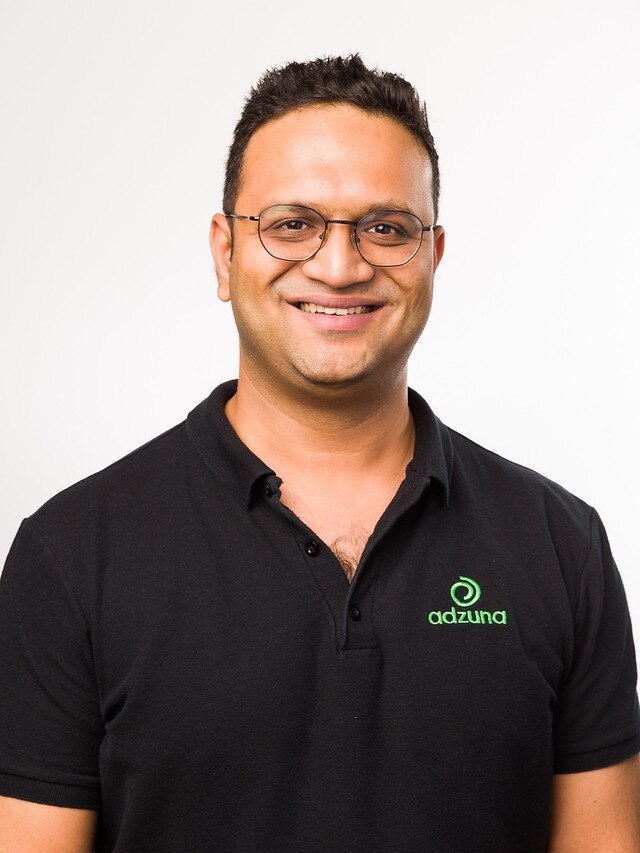
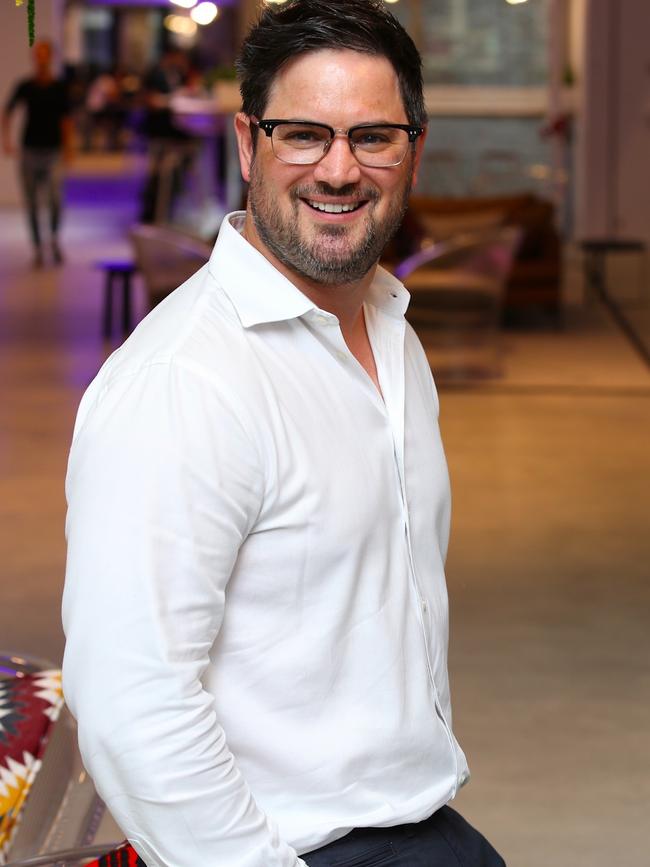
Adzuna country manager Australia and New Zealand Tejas Deshpande said the health sector would always be in demand.
“The other two sectors which are showing promising job numbers are construction and IT, which both fall under the national priority list from the Department of Education, Skills and Employment,” he said.
“Smart jobseekers who have lost their job during this pandemic should consider upskilling and see this as an opportunity to upskill in the sectors which are showing a shortage and demand in jobs.”
Shortlyster chief executive Rudy Crous said many roles listed since the pandemic were casual or project-based rather than permanent and full time.
“Employers don’t know what is happening in the market so they are hedging their bets,” he said.
“They want to grow their business but are cautious to bring people in on a full-time basis.”
The hiring platform co-founder said employers had been optimistic when restrictions lifted, but caution returned when Victoria went back into lockdown.
“They fear there is going to be a second lockdown (for them) so it has probably slowed down a lot of people’s expectations for the second half growth,” he said.
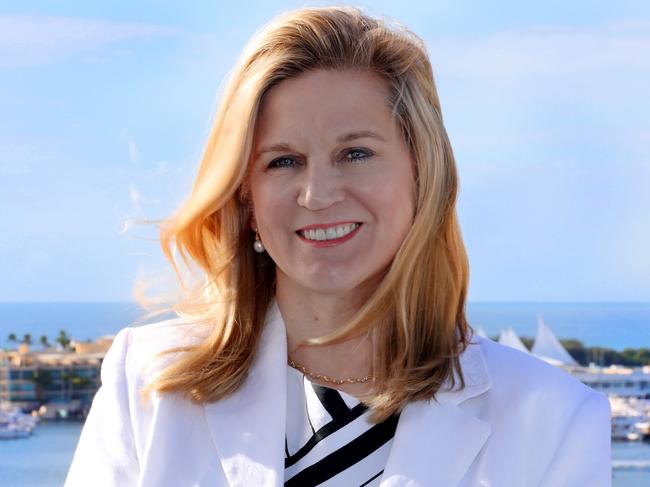
TAFE QLD Gold Coast general manager Karen Dickinson said TAFE enrolment trends had been significantly influenced by the pandemic, with people moving away from hospitality courses and toward areas such as health.
“People have always considered ‘where are the jobs going to be?’ but that’s more acute right now,” she said.
“People are absolutely thinking about what the community is requiring and the jobs of the future.”
Ms Dickinson highlighted employment opportunities in nursing, aged care, disability care, counselling and mental health, child care, education support and cybersecurity.
“The next layer of opportunity is in the trades, especially construction,” she said.
“The domestic residential market is a little soft but we have major infrastructure so we are holding steady with apprentices at the moment.
“The Australian Government’s investment in wage subsidies is a big bonus.”
Whether motivated by job insecurity or a new perspective gained while in isolation, exclusive figures from Dynata revealed two in five Australians were currently planning to make a career change into a completely new line of work.
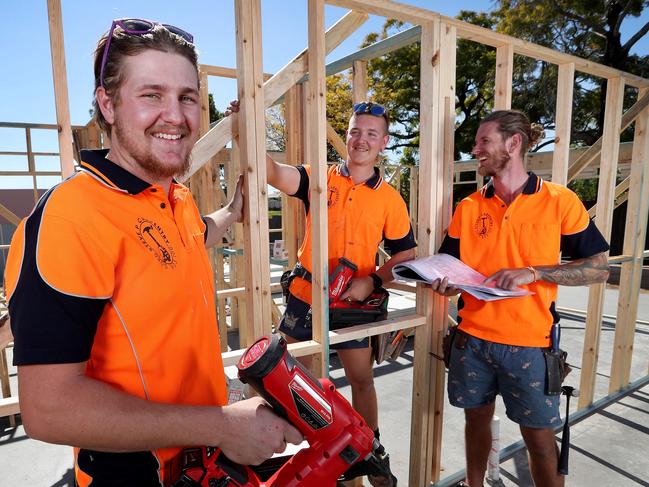
This figure jumped to 64 per cent for Millennials (aged 24 to 38).
Adecco Group chief executive Rafael Moyano said anyone planning a career change should first consider extra study as jobseekers in today’s competitive market would need to demonstrate the exact skills employers needed.
“If you don’t have them, you need to be able to re-skill or upskill,” he said.
Hays regional director Eliza Kirkby recommended jobseekers make a career change based on their current skills as employers were less willing to “take a chance” on candidates – especially if they would be working from home.
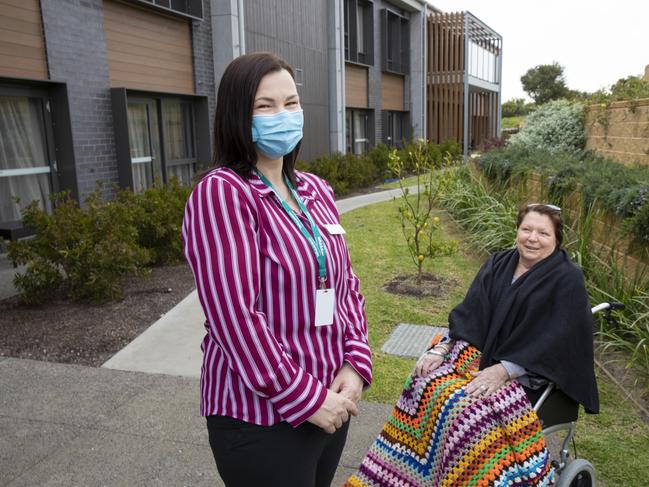
“(They need to) give some really clear consideration to what kind of career change they could add value to,” she said.
“Seeking a career change without the relevant skills and qualifications to back it up we would expect to be really difficult.”
Sarina Russo Institute career transition assistance program manager Jo Easton recommended career changers start by reaching out to their networks – including family, friends and past employers.
She said a stint of volunteering could also help them gain relevant experience and referees.
Originally published as Where you can find a job right now on the Gold Coast during COVID-19
